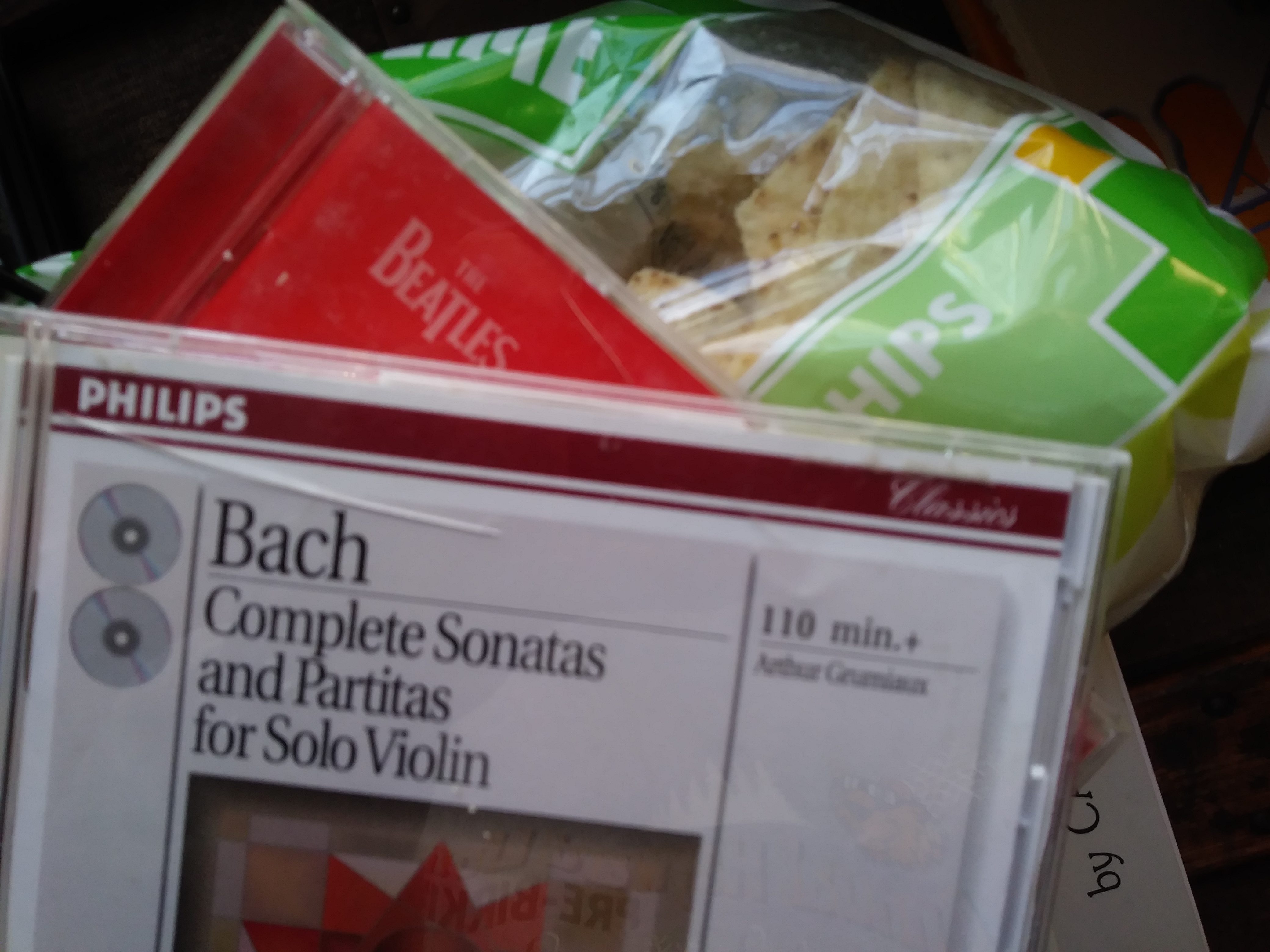NOVEMBER 5, 2019 – Despite urban “combat driving conditions,” it was in the country where Sunday evening I experienced two close calls. In each case, reflex avoided a high-impact collision. Both incidents left me wondering whether the total absence of distractions was a deciding factor.
The first occurred on US Highway 8 across rural western Wisconsin. Parked ahead on the right shoulder (my side) of the two-lane highway were three patrol cars, lights flashing in the night. I checked my mirror to gauge the distance of the car behind me, then slowed from 60 to 35. With no oncoming traffic, I crossed the center line to give the traffic stop “scene” a wide berth.
Suddenly, a darkened vehicle parked directly in front of the third flashing squad car pulled a giant U-turn directly in my path! My tires squealed as my right foot jumped from gas to brake. Collision avoided. But had I been listening to Bach, singing with the Beatles, or pulling chips from the bag, would I be writing about a radically different outcome—or not writing at all?
The second incident occurred 40 minutes later. I’d just turned west from Manning Avenue onto divided Highway 36. In the evening that section is not crowded. Open country sprawls on each side. The posted speed limit is 65.
Years ago I’d observed that the light at Keating Avenue, the next crossroad, seems to have a sensor triggered by my car. Never failed: just as I reached 65 mph, the green light at Keating turned red. I thus learned never to get my hopes—or the speedometer—up to 65; the Keating light would see my car approach, and green would be red.
Therefore, I now build speed only to 50, watch the Keating light turn red, and maintain that speed until red turns green. The result: better fuel mileage and less wear on the brakes.
This time was no different. Traffic was light. I turned onto 36, cruised to 50 and held. The Keating light turned red . . . but not for long. A Honda Accord was stopped in the righthand lane at Keating. Instinctive knowledge of basic physics kicked into gear. I had three possibilities: 1. Do nothing and slam into the rear end of the Honda; 2. Apply my brakes to decelerate quickly; or . . .
Or, with ample time and distance ahead of me, I could do what any seasoned driver would do naturally: check mirrors, signal, switch lanes and pass on the left of the Honda. Accordingly (so to speak), I did just that.
Just as I was about to overlap the Honda, however, the driver inexplicably shifted into my lane! No time for brakes. Without thinking, I swerved, blasted my horn, and, to my later amusement, somehow managed (habitually) to signal. Collision avoided.
It all happened in a fraction of a nano-second. Again, I wondered, would Bach, Beatles or chips have led to a different result?
(Remember to subscribe to this blog and receive notifications of new posts by email.)
© 2019 Eric Nilsson
